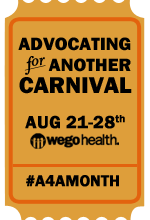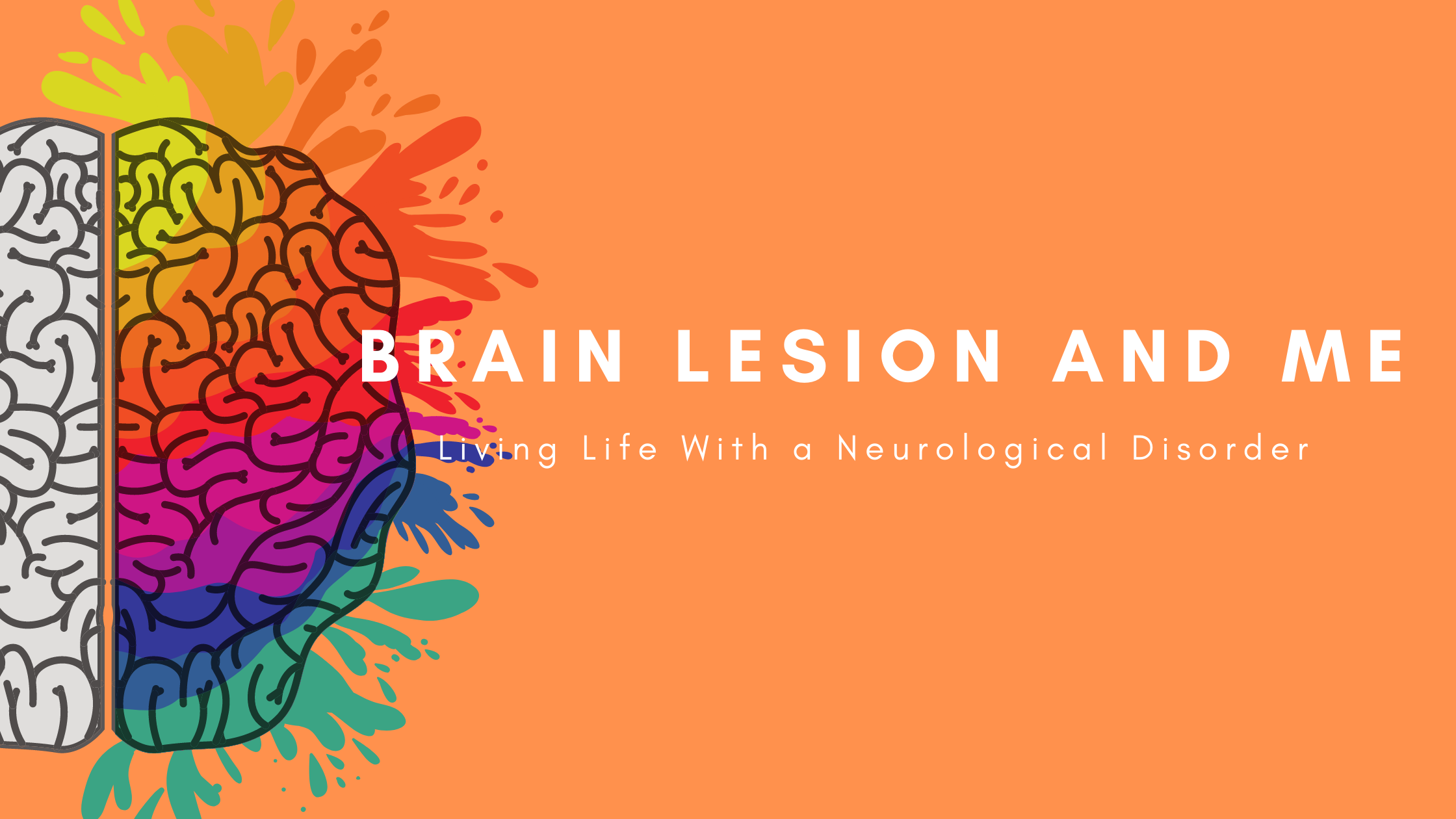WEGO Health Advocating for Another Carnival: Challenge Accepted!

Welcome to the third day in the WEGO Health Advocating for Another Blog Carnival. The prompt given was the following:
Leading a community isn’t all sunshine and ice cream – it’s hard. Write a post that delves into the 3 challenges that you face as a Health Activist
This is a really interesting post, one, which really makes us, reflects upon our role – probably not something that we really think about.
One challenge that I particularly face, especially when one considers it is a rare condition – is simply by trying to find an audience for my blog. Again, as I have previously mentioned it is not a common condition with very little information on the Internet or in medical books and have not yet met anyone exhibiting the same condition as myself. As a result, I often wonder if anyone reading my posts can relate to them or if they are relevant to other conditions.
Many of the symptoms are general, such as the dizziness and vertigo can be applicable to many different conditions, and the spastic paraparesis is itself a symptom and can be found in patients with multiple sclerosis and Parkinson’s Disease. But still the question remains whether my blog is helping and making a difference to others. Do I have something of value to add and share with whole health community?
The second challenge is being able to keep up with the writing and health activism whilst feeling so very unwell. A lot of the time, I really feel so unwell that the last activity that I feel able to take part in is by going on the internet, and writing or taking part in some other activist related activity. Us health activists need to attempt to learn to balance our lives – health activism is so important, it often gives us something to focus on besides our illness, and advocating for ourselves and others is an excellent approach to doing just that at, however, it is also important that we take time for ourselves and give ourselves a chance to recuperate when symptoms are bad and to rest as much as possible.
And the third challenge that I personally face, as a health activist is to effectively make people aware and to understand the challenges that patients with an invisible chronic condition face everyday, to let them know that although we make look well that it is not always the reality. And in addition to make others aware of the language that people often use around those with invisible chronic conditions – that they are not often useful or helpful and can be really hurtful. Some examples of things NOT to say to a person with an invisible chronic condition are:
- “It’s probably just stress” – this undermines the severity of the symptoms being experienced; as if the person is exaggerating their symptoms as well as undermining the diagnosis given by a qualified medical practitioner
- “It’s all in your head” – this can be really undermining and hurtful for someone with an invisible chronic condition; just because you are unable to see the problem does not mean that it doesn’t exist
- “You’ve made it! You must be feeling better” – this fallacy is one that I get a lot and can be really infuriating. For my condition and many others there is no quick fix or even a cure and hearing tis proves that invisible chronic conditions are completely misunderstood and no effort is even being made to understand by others. For myself, I often try to make an effort to visit someone for their benefit as well as my own, often the worst thing to do is stay in and feel unwell and often like to leave the house to get fresh air and to have social contact with others
- “Everyone experiences that” – I often get this directed towards the dizziness that I constantly suffers and feel that it often minimises the effects of the dizziness, yes, a lot of people experiences dizziness, but it many not be of the same severity that mine is, and often is not felt constantly as mine is
And there are many more!! Can you think of others that people say to you which are not helpful? Please share them with us and perhaps I can do a follow-up piece on the topic!


Lewis Eagle
I’ve lost a lot of Friends over these comments, even from Family. You need to get more exercise, you sleep too much. I had to move to get away from this negativity, My Wife’s family completely understands while my family does not. I have Complex HSP. If your friends/family don’t understand, they’re not your friends.
My hsp started @ age 45 & is progressing steadily. I can’t imagine what you went through @ 8 years old.
I’ve rambled enough @ this time, I wish you the very best.
LJE